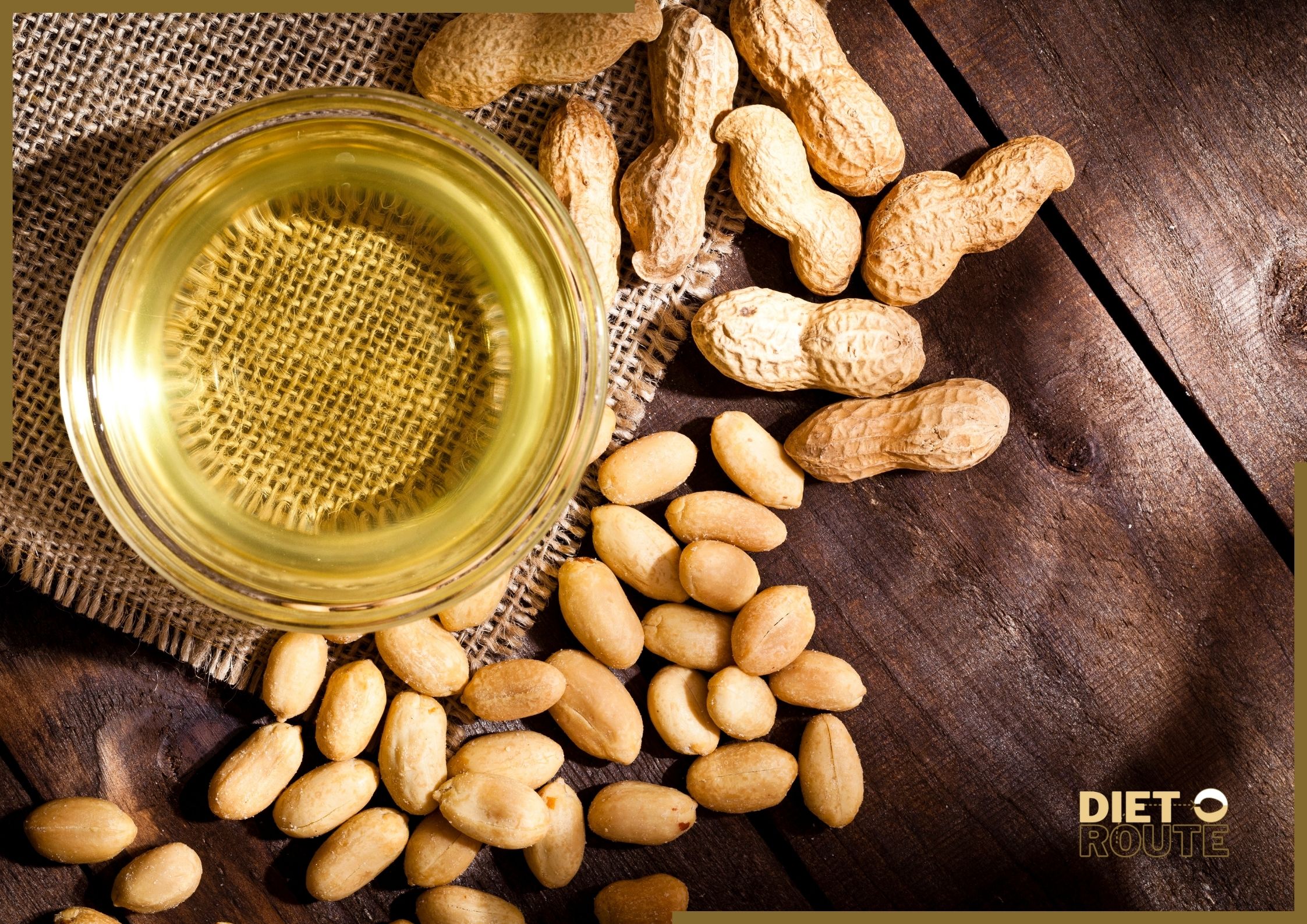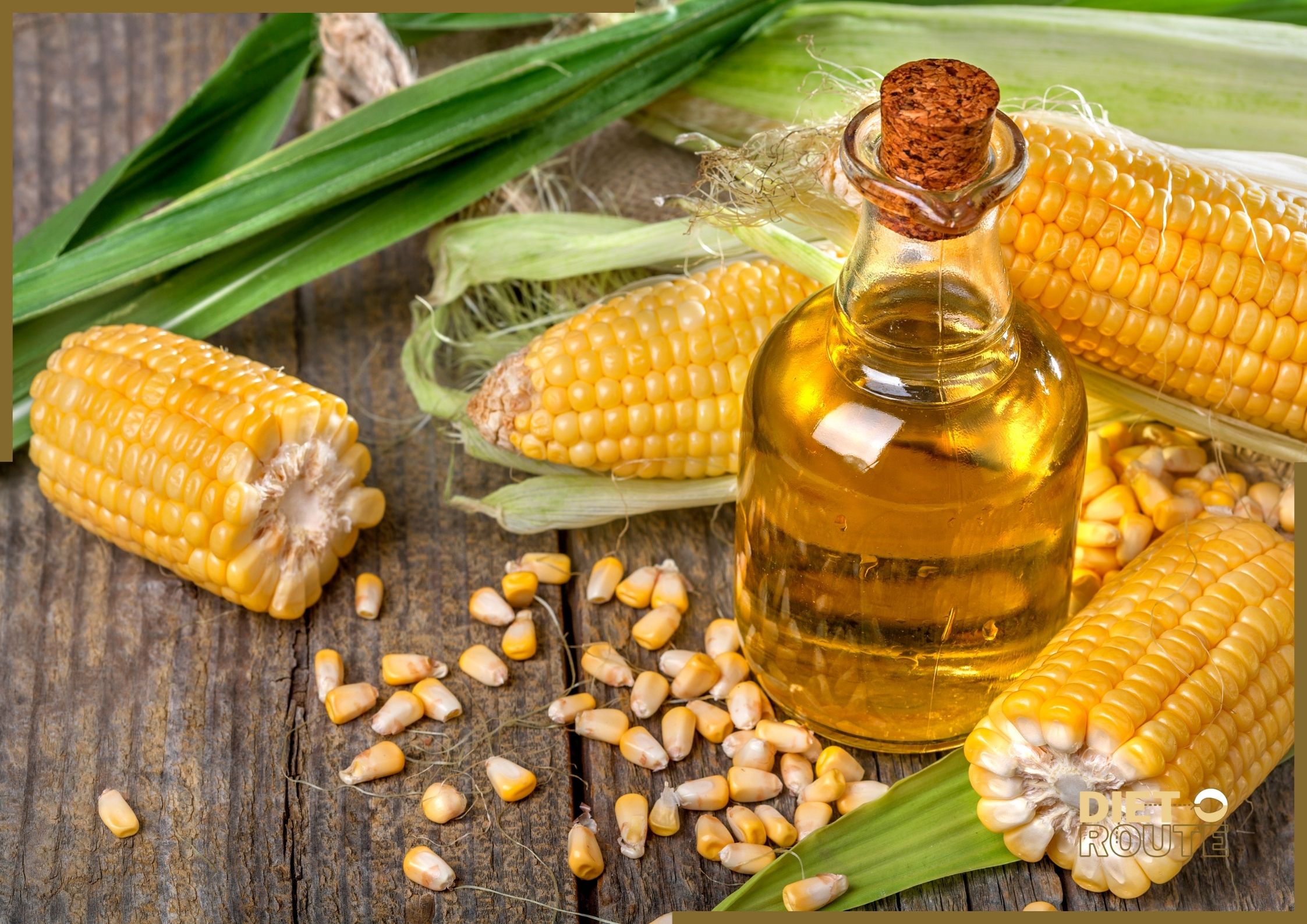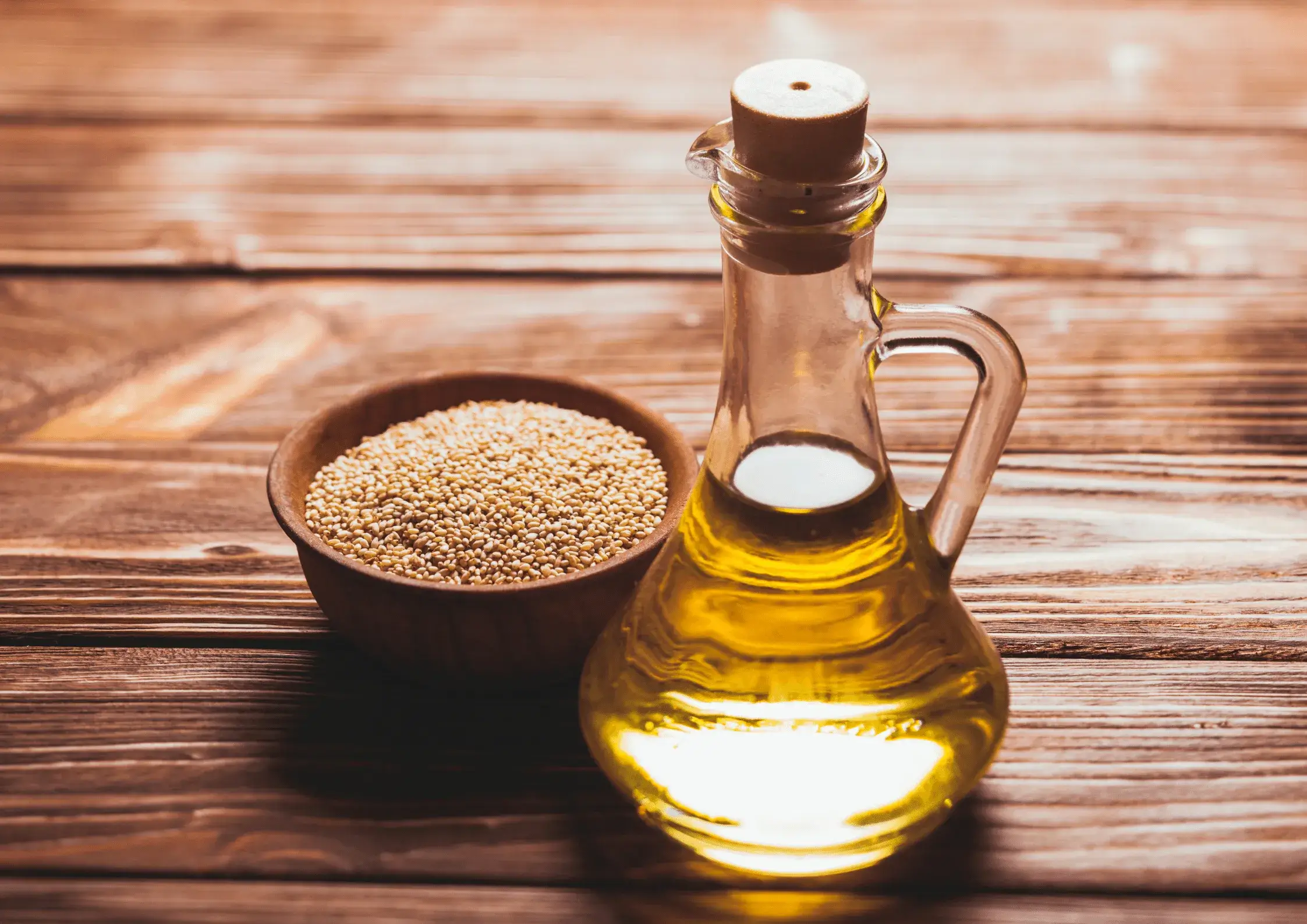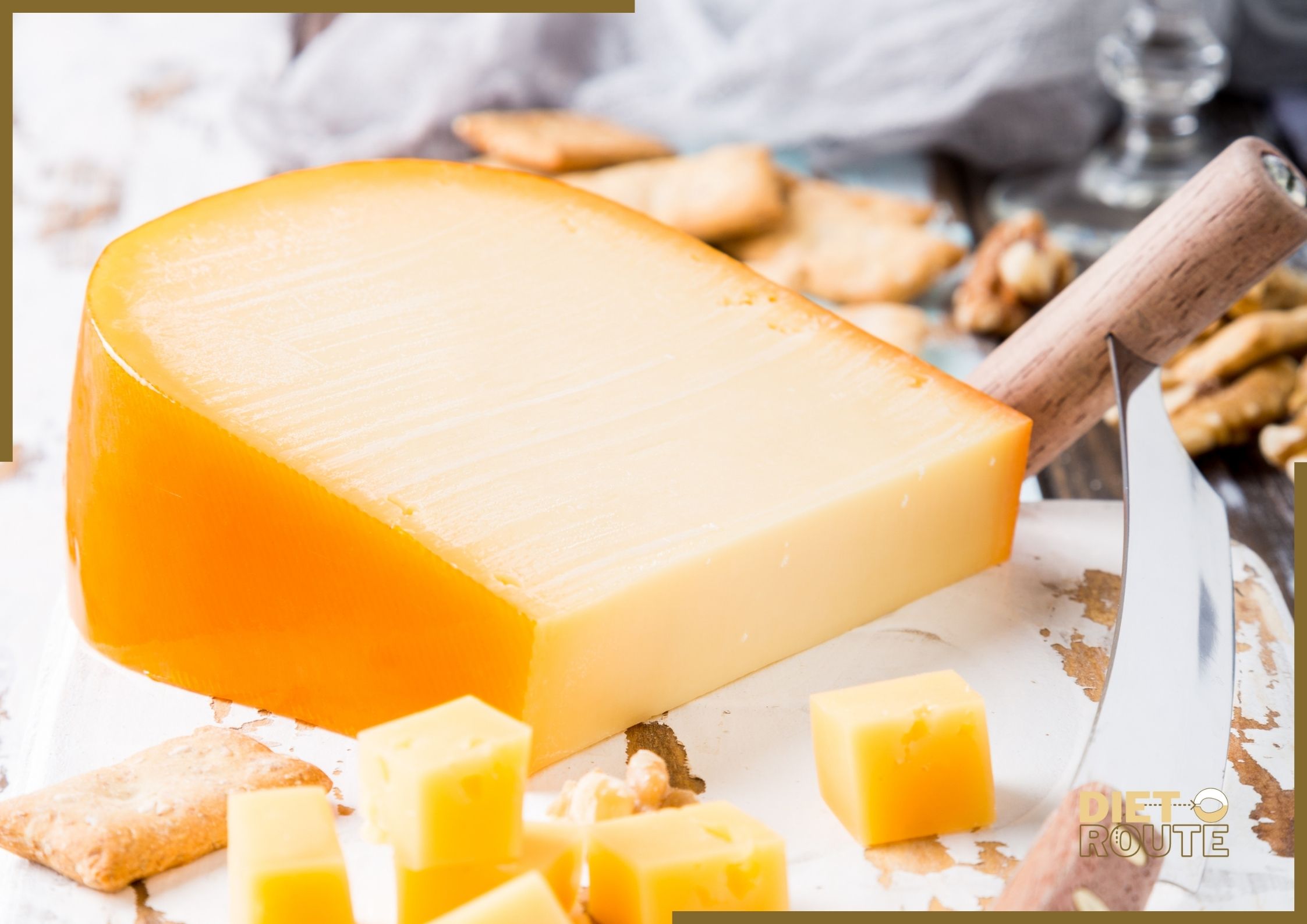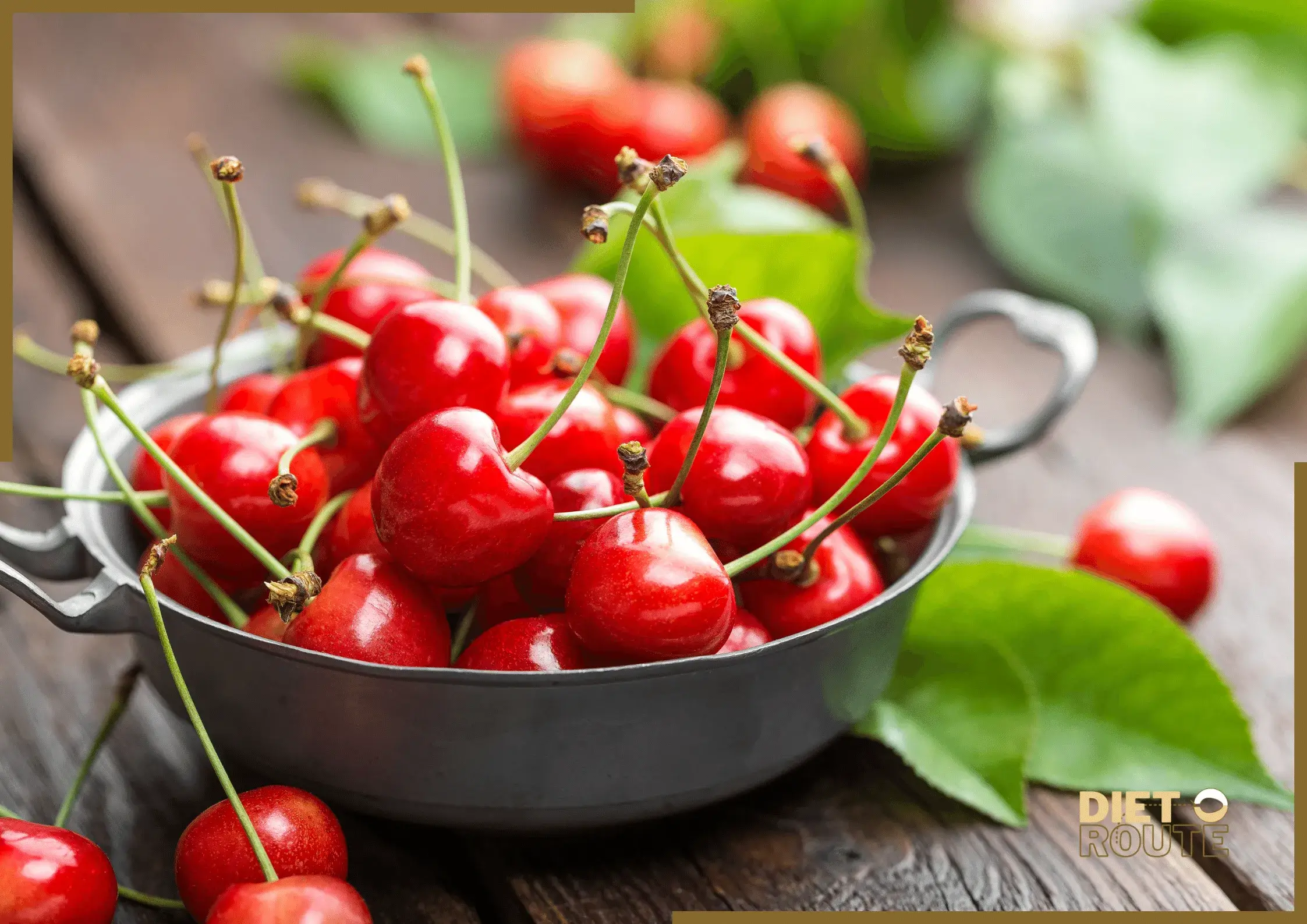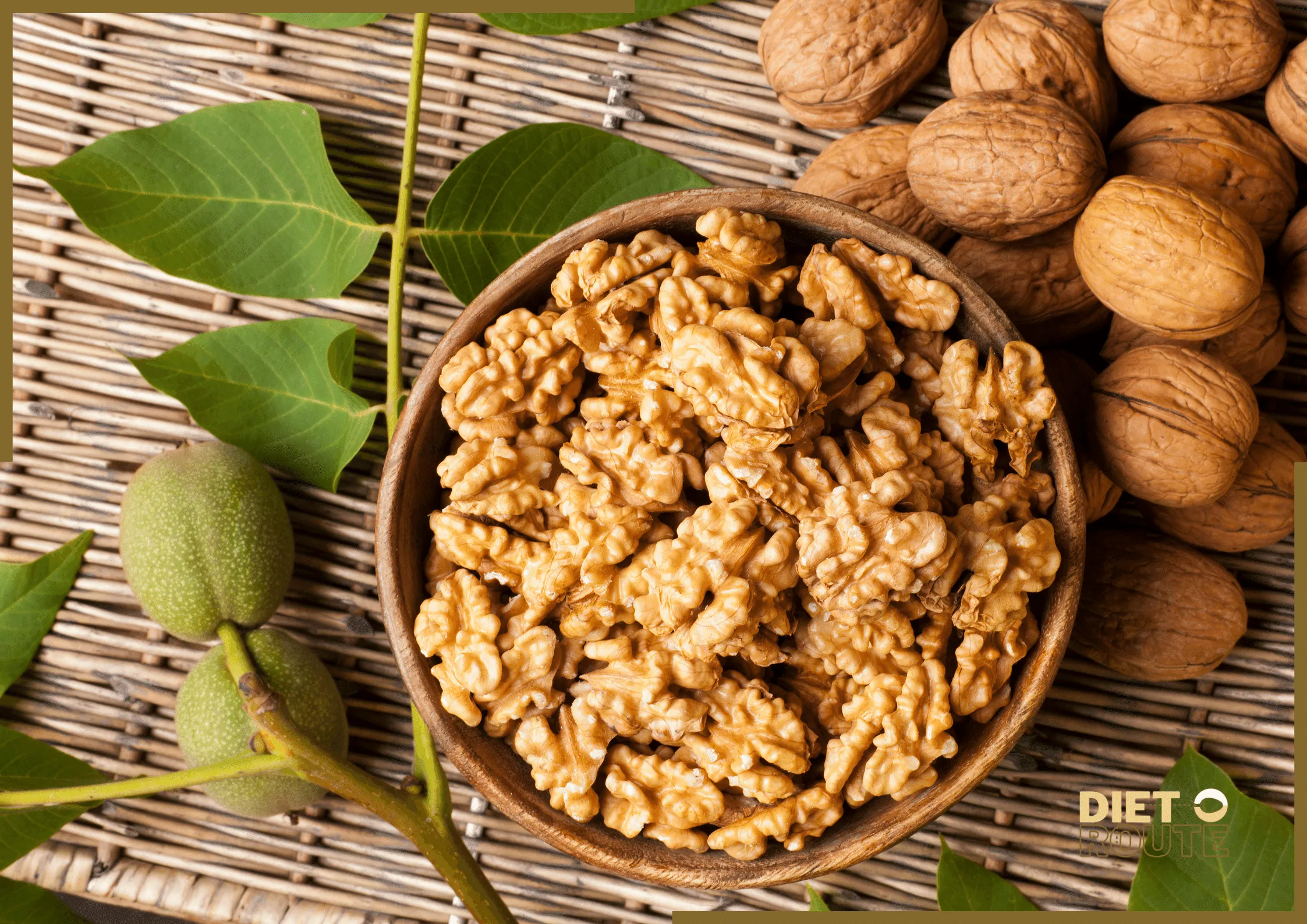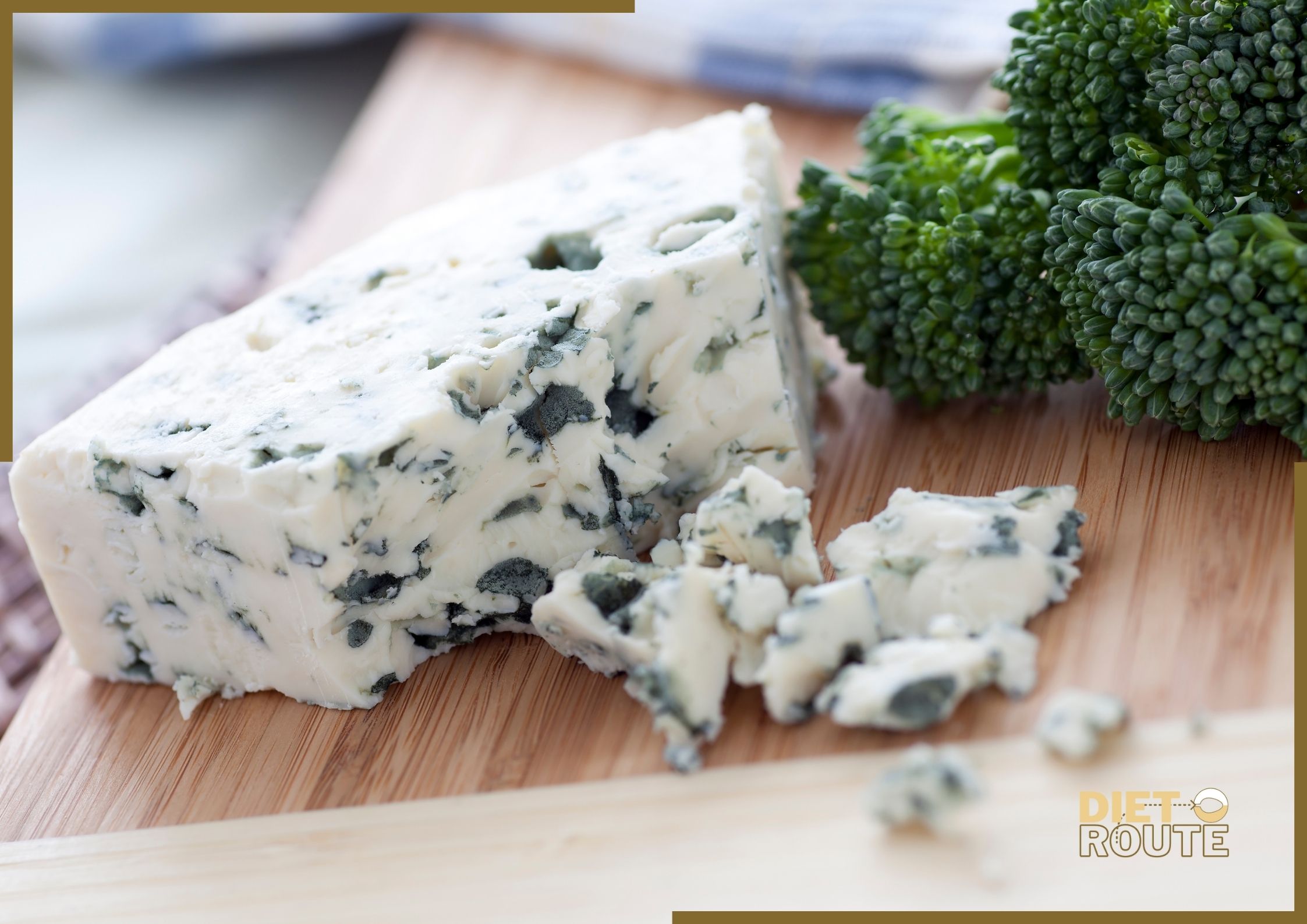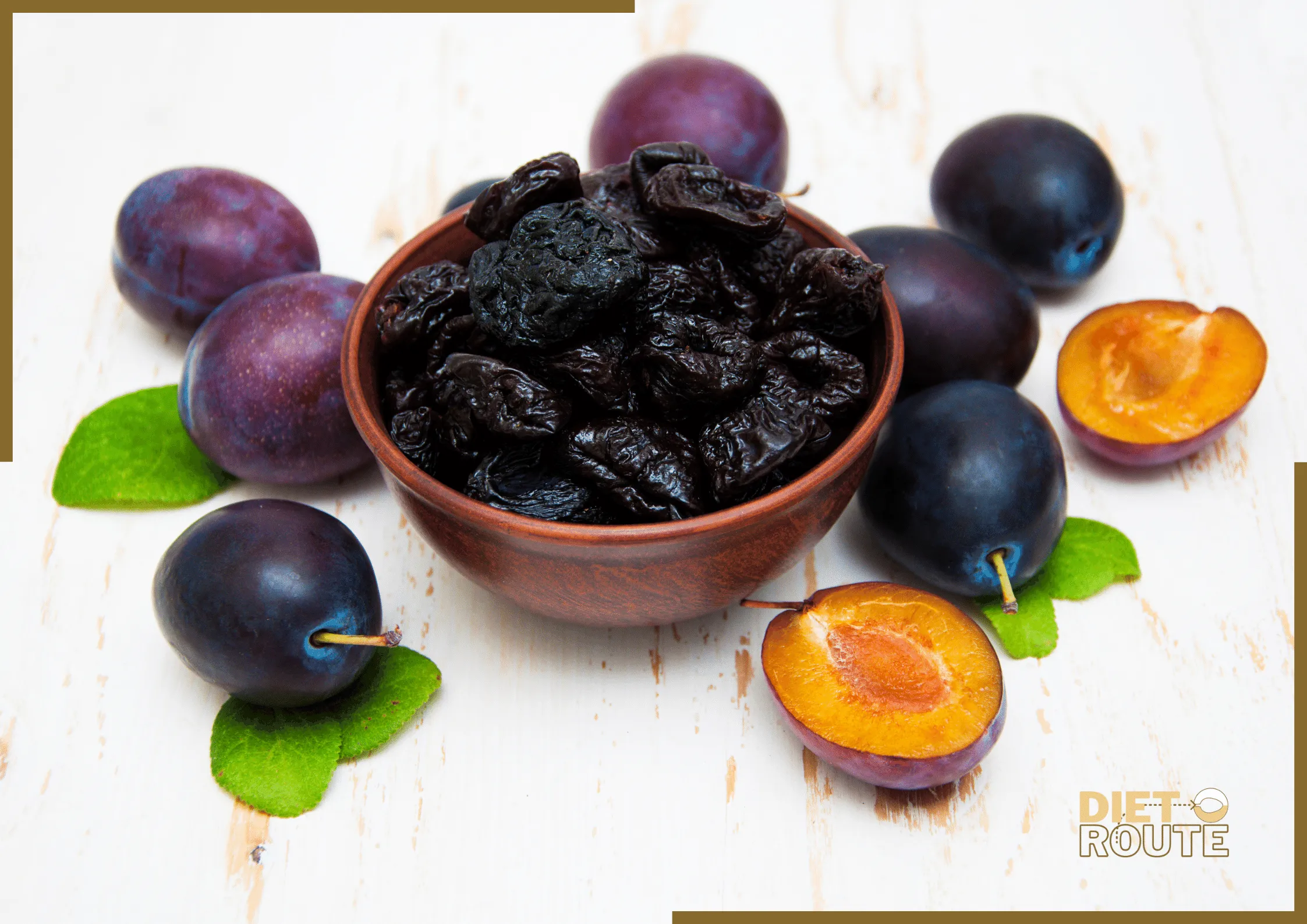Table of Contents
Introduction
Edible peanut oil, which is derived from peanuts, is a widely used cooking oil that is renowned for its strong flavor and high smoke point. It is used a lot in Asian, African, and Middle Eastern cooking, and its versatility in frying and stir-frying is highly valued. This article will tell you everything you need to know about the nutritional content, including a table that shows how much of each nutrient it has per 100 grams. We will also talk about the pros and cons of eating peanut oil, answer some of the most common questions about it, and help you decide if you want to add it to your diet.
Nutritional Value Approximately 100g
| Nutrient | Amount Per Serving (1 tablespoon) | % Daily Value |
|---|---|---|
| Calories | 120 | 6% |
| Total Fat | 14g | 18% |
| – Saturated Fat | 2.3g | 12% |
| – Trans Fat | 0g | |
| Monounsaturated Fat | 6.2g | |
| Polyunsaturated Fat | 4.3g | |
| Cholesterol | 0mg | 0% |
| Sodium | 0mg | 0% |
| Total Carbohydrates | 0g | 0% |
| – Dietary Fiber | 0g | 0% |
| – Sugars | 0g | |
| Protein | 0g | 0% |
| Vitamin E | 8.3mg | 55% |
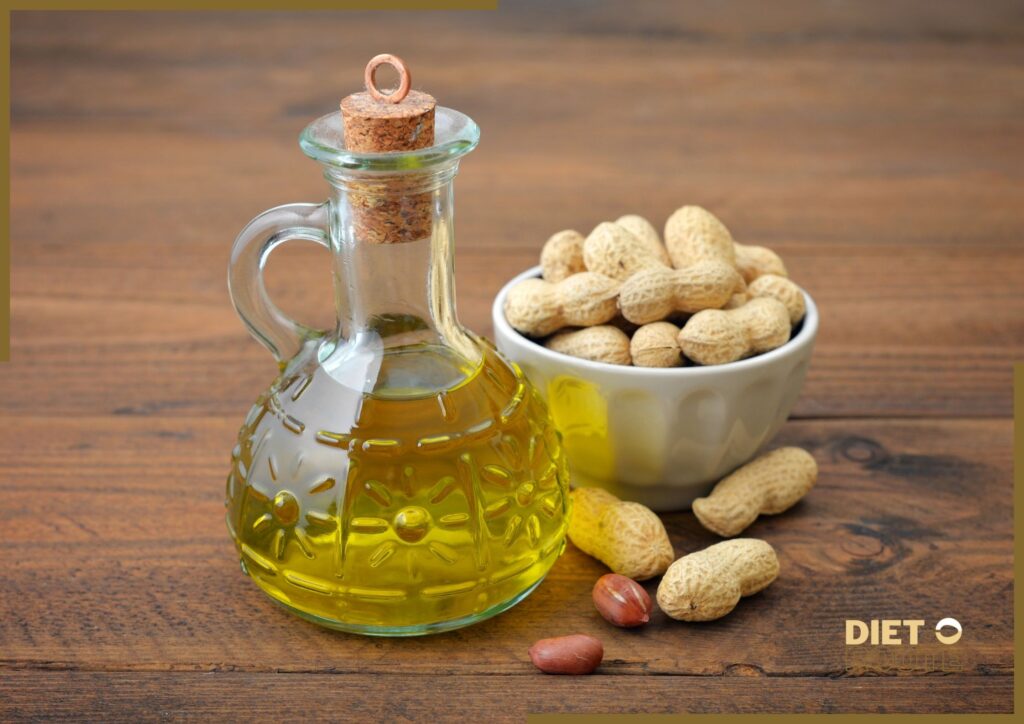
Pros
1. When consumed in moderation, edible peanut oil is rich in monounsaturated fats, which are good for your heart.
2. It is a good source of vitamin E, which is an antioxidant that helps the defense system work and keeps cells from getting hurt.
3. It has a high smoke point, making it suitable for cooking at high temperatures, like frying and stir-frying.
4. It has a unique nutty flavor that makes dishes taste more full and rich.
Cons
1. It is derived from peanuts, so individuals with peanut allergies may experience allergic reactions to it. If you have a peanut allergy, it is important to be careful and consult a medical professional.
2. It is a good source of omega-6 fatty acids, but too much of it without a balance of omega-3 fatty acids may contribute to inflammation. In the diet, it’s important to maintain a balance between these fatty acids.
Frequently Asked Questions (FAQ)
1. Is peanut oil suitable for cooking at a high temperature?
Yes, it is great for cooking at high temperatures because it has a high smoke point.
2. Is peanut oil safe for individuals with peanut allergies?
People who have peanut allergies should be careful when using peanut oil and should consult a doctor.
3. Is there cholesterol in peanut oil?
No, it does not have any cholesterol.
4. Is Peanut Oil Suitably Suitable for a Vegan Diet?
It is suitable for a vegan diet because it is derived from plants.
5. Is there a noticeable peanut flavor in peanut oil?
It has a mild peanut flavor that makes dishes taste better without taking over.
6. Can you store peanut oil for a long time?
It can last for a long time if it is kept in a cool, dark place.
7. Can this oil help reduce cholesterol?
Consuming peanut oil as part of a well-balanced diet may contribute to a healthy lipid profile, but results may vary from person to person.
8. Is there grain in this oil?
It is a clean oil that comes from peanuts. It does not have any fiber in it.
9. Can peanut oil make you gain weight?
Consuming too much peanut oil can contribute to weight gain, just like eating too much of any other food. The key is moderation.
10. Is it suitable for individuals who have a gluten allergy?
Yes, it is suitable for individuals with celiac disease or gluten intolerance and is gluten-free.
In A Nutshell
Edible peanut oil has a distinctive flavor and many health benefits. It has a high smoke point and is rich in heart-healthy fats and vitamin E, making it suitable for a variety of cooking techniques. It’s important to maintain a balance between omega-6 and omega-3 fatty acids, but individuals with peanut allergies should be careful. As with any dietary choice, it’s best to consult a doctor or trained dietitian for customized advice on adding peanut oil to your diet.
